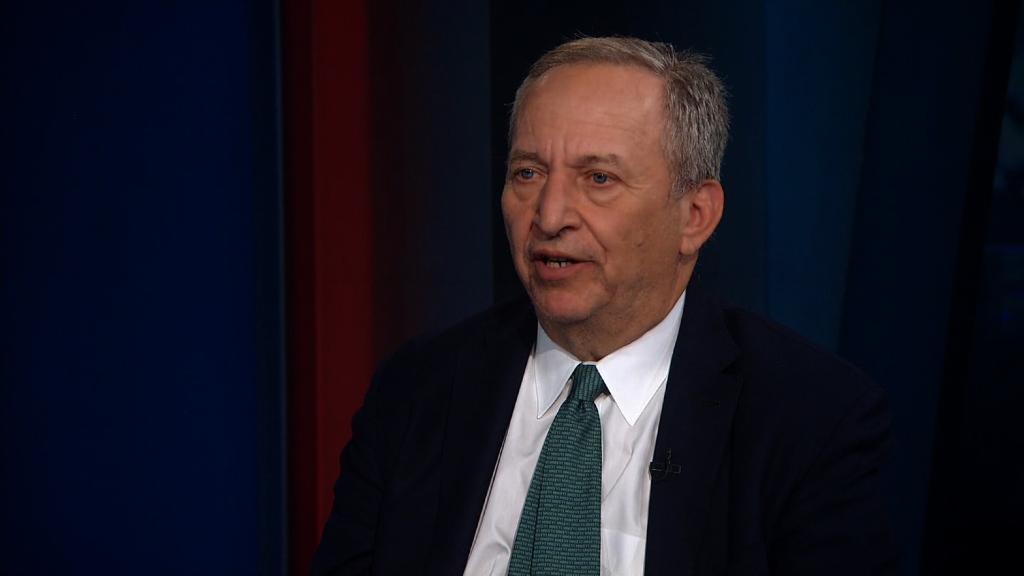
President Trump believes that the nation's trade deficit is dire -- he regularly uses words like "catastrophe" and "disaster" to describe it.
It's true there is a huge gap between the value of goods that are imported and exported -- it was $810 billion last year.
But that stark number misses an important point: The U.S. economy no longer primarily makes goods -- it's now overwhelmingly service-based, relying heavily on financial services, media, transportation, and technology.
And in terms of importing and exporting services, the U.S. posted a $243 billion trade surplus.
Indeed, businesses in the service sector employ five times as many people as companies that make goods.
Related: 'Trade wars are good?' Two words - Great. Depression.
"The U.S. is far and away most effective and successful producer of services," said Mark Zandi, chief economist with Moody's Analytics. "You look at our service side, we have a surplus with almost everyone on the planet. It's really something people need to focus on."
Steelmaking and aluminum are a "side show," Zandi added no longer central to the nation's economic well being. "The people in those industries are hurting and need to be helped. But the answer isn't pulling back on trade, it's helping those people."
Trump argues we need tariffs on steel and aluminum because those struggling industries are key the country's economy.
"When it comes to a time when our country can't make aluminum and steel ... you almost don't have much of a country," he said last week when he announced plans to impose tariffs.
Related: A Trump trade war would hit red states hard
But manufacturing industries such as steel and aluminum haven't been a central part of the U.S. economy for quite some time.
Seven of the ten most valuable companies in terms of market value -- Google parent Alphabet (GOOG), Amazon (AMZN), Microsoft (MSFT), Facebook (FB), Berkshire Hathaway (BRKA), JPMorgan Chase (JPM), and Bank of America (BAC) -- are service industry companies.
And if Trump's steel and aluminum tariffs spark a trade war that would be really bad news for the service sector, which benefit from imported goods.
Think of Starbucks (SBUX). Almost all the coffee it sells is imported, adding to the trade gap. But Starbucks keeps growing and adding to the U.S. economy, with 14,000 U.S. locations, and 185,000 U.S. employees.
Related: Trump's relationship with big business hits another speed bump
"If Starbucks couldn't import coffee beans, it wouldn't be the success it is, and wouldn't employ all the people it does," said Zandi.
The same is true with America's most valuable company, Apple (AAPL), which imports most of the iPhones and computers it sells here.
"But the [physical] electronics aren't where the wealth is created," said Zandi. "It's what goes into the iPhones, the tablets, the laptops -- the apps, the music, the software - all the things that we produce here."
If President Trump wants to take a strong stance on trade to help the U.S. companies that matter the most, Zandi said, he would concentrate on protecting the intellectual property that the service sector relies on.


